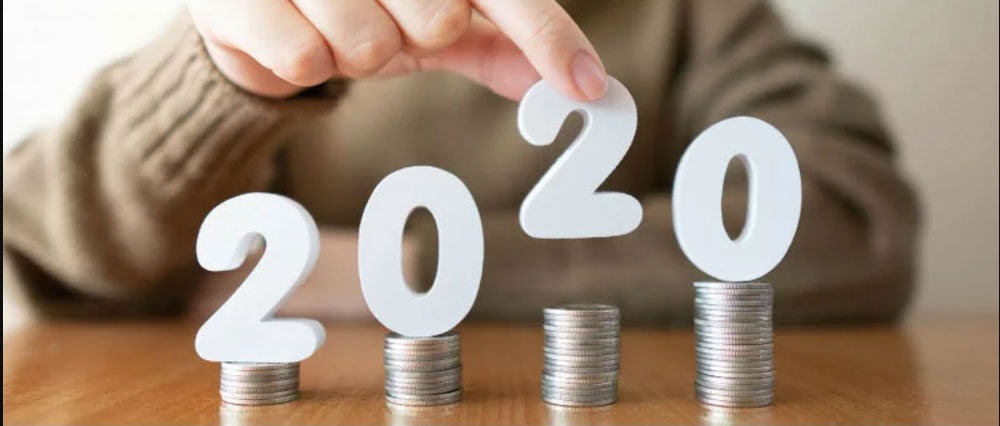
What you need to know before you file?
Let’s face it, having a trusted accountant and tax preparer can help to make tax-filing less and less painful even for the do-it-yourselfers.
Still, whether you’re outsourcing the work to an algorithm or an accountant, it’s always a good idea to know when deadlines fall and what’s new every year.
Here’s our guide to the 2020 tax season:
1. When is the deadline to contribute to my RRSP?
Since March 1 falls on a Sunday this year, the cutoff this year is March 2.
Remember, you can put money into your registered retirement savings plan (RRSP) any time. But if you want to get a tax refund for your RRSP contribution with your 2019 return, you must add the funds by the March deadline.
2. When’s the tax-filing deadline?
As usual, April 30 is the date most Canadians need to keep in mind. For most tax filers, this is the deadline to both pay any tax due and file returns.
If you’re self-employed, this year you have until June 15 to file. Remember, though, that if you owe taxes, you still need to pay up by April 30.
If you’re late to either settle your balance or send in your paperwork, you’ll face late-filing penalty and daily interest charges on any taxes owed.
3. When’s the earliest I can file?
If you just can’t wait to get that big refund, know that the Canada Revenue Agency (CRA) will start accepting electronic returns on Feb. 24.
Most people want to skip the tax-processing queue because they anticipate getting money back. But having a big tax bill is also a good reason to file early. That allows you to set up a plan to pay your tax in installments. The more you manage to pay by April 30, the fewer extra charges you’ll face.
Still, there are potential drawbacks with filing too early. Many of the tax slips you need to file your return are due March 2, so it’s not a good idea to file before then unless you’re sure you’ve received all of them.
Also, it usually takes until mid-March for tax slips and other information the CRA has on file to become available through its autofill my return feature, which allows you to automatically fill-in part of your return.
Newsletters
No Results Found
The page you requested could not be found. Try refining your search, or use the navigation above to locate the post.
Events & Sponsorship
No Results Found
The page you requested could not be found. Try refining your search, or use the navigation above to locate the post.
Articles & Publications
What Is Bookkeeping?
To understand the financial health of your business, you need to have precise bookkeeping. Bookkeeping involves verifying receipts, depositing payments into a bank account, and keeping clear records so that all financial information is easily accessible when needed....
Changes to RRSP and CPP in 2021
The Canada Revenue Agency (CRA) has made annual announcements about the nation’s retirement programs. Namely, the Canada Pension Plan (CPP) and the Registered Retirement Savings Plan (RRSP) are being updated as we enter the new year. Here are the changes you need to...
CRA Collection Letters for CERB Ineligibility & Repayment
The Canada Revenue Agency has begun issuing formal collection letters for CERB repayment to recipients who may or may not have been eligible for the payments they received. You may have received a letter from CRA regarding CERB payments to be paid back along with one...
TFSA limit for 2021 released
The TFSA new contribution limit for 2021 has been officially released. That limit is $6,000, matching the amount set in 2019 and 2020. With this TFSA dollar limit announcement, the total contribution room available in 2021 for someone who has never contributed and has...
CERB has ended, here is what to know about your benefits
After providing millions of Canadians with financial relief since the beginning of the pandemic, the Canada Emergency Response Benefit (CERB) will be coming to an end on Saturday and recipients will be forced to transition to a recently updated Employment Insurance...